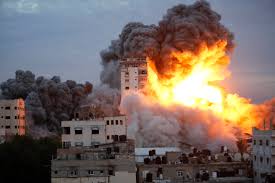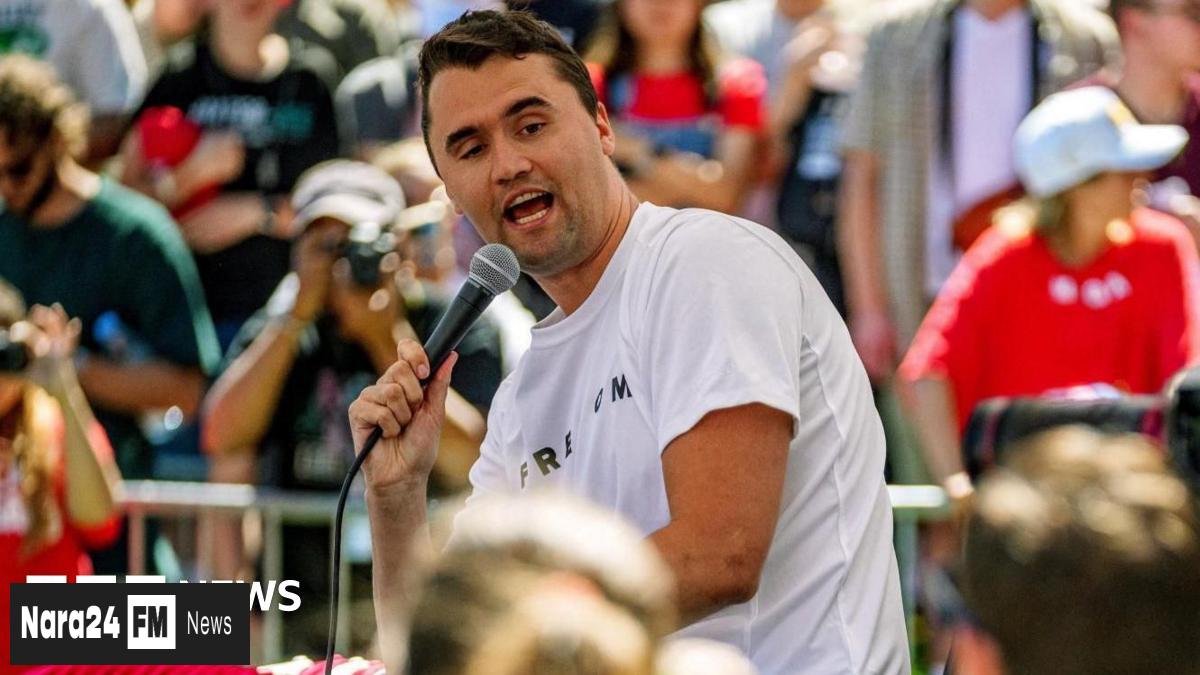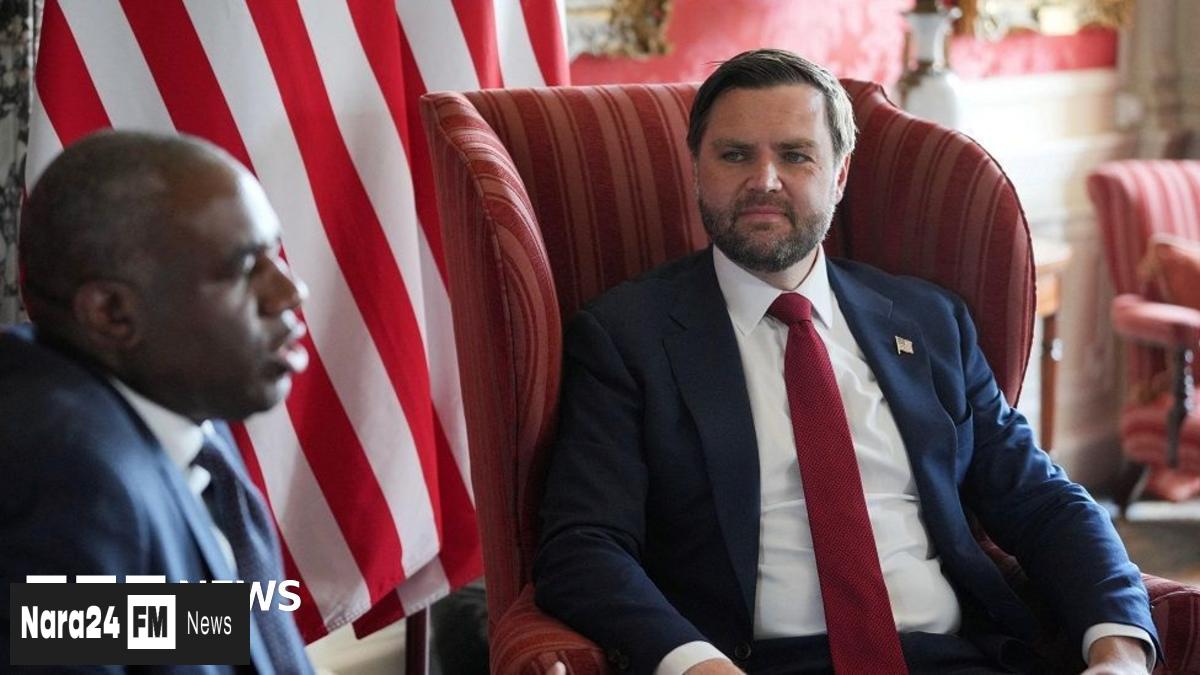BOULDER, Colo.—Security vulnerabilities at public demonstrations face renewed scrutiny following consecutive attacks targeting Jewish Americans, with Sunday's flamethrower assault on protesters occurring just days after fatal shootings in Washington, D.C. The incidents underscore mounting challenges in safeguarding civic gatherings amid heightened geopolitical tensions tied to the Israel-Hamas war.
Chaos on Pearl Street
Demonstrators from the Run for Their Lives movement—a global network advocating for hostages taken during Hamas' October 2023 attack on Israel—faced horrific violence when a man wielding a propane-powered incendiary device attacked their weekly vigil. Eyewitnesses described scenes of panic as flames engulfed protesters outside Boulder's historic courthouse. Authorities confirmed twelve injuries, with eight victims hospitalized for severe burns.
Egyptian national Mohamed Sabry Soliman, 45, now faces charges including attempted murder and bias-motivated crimes. Court documents reveal he spent over a year planning the assault, researching weapon construction online, and waiting for his daughter's graduation before acting. During interrogation, Soliman reportedly expressed no remorse, vowing to repeat his actions to oppose Israeli policies.
Pattern of Violence
The Boulder tragedy follows the May 22nd killing of two Israeli Embassy staffers outside Washington's Capital Jewish Museum. That attacker, Elias Rodriguez, echoed Soliman's "Free Palestine" declaration during his arrest. Both assailants operated independently, bypassing law enforcement monitoring despite escalating warnings about domestic extremism.
Security specialists expressed alarm at the proximity of the attacks. Brian Higgins of Group 77 Security noted, "Regular protest details often develop complacency when incidents don't occur. But given global tensions, every Gaza-related demonstration warrants elevated protection." Former NYPD negotiator Michael Alcazar criticized Boulder authorities, stating uniformed officers should have been visibly present given recent events: "This was a predictable soft target."
Organizational Dilemmas
Run for Their Lives, which organizes weekly vigils across 150 cities, provides safety guidelines emphasizing peaceful engagement but leaves security decisions to local chapters. Global coordinator Shira Weiss acknowledged varying approaches: "Some groups use police escorts or private guards; others rely on community presence." Despite Sunday's violence, many chapters plan to continue demonstrations, with survivor Lisa Turnquist vowing, "We must keep standing for the hostages."
Boulder Police Chief Stephen Redfearn pledged enhanced security for future events while defending initial protocols, telling reporters: "We're adjusting coverage to ensure community safety." The department faces scrutiny after videos showed Soliman threatening crowds before intervention.
Immigration Debate Ignites
The attacks fueled political tensions surrounding immigration policy. Homeland Security officials confirmed Soliman entered on a tourist visa that expired in 2022, with an asylum application still pending. Former Trump administration official Stephen Miller alleged on social media that "Biden's policies enabled this assailant," prompting DHS to clarify the suspect hadn't exhausted legal residency options. President Trump later denounced the "horrific" attack on Truth Social.
Broader Implications
With the Anti-Defamation League reporting a 388% surge in antisemitic incidents since the Gaza conflict began, security experts warn that isolated extremists pose unique challenges. The FBI acknowledged the difficulty in tracking lone actors, stating: "Minimal digital footprints complicate preemptive intervention." As Run for Their Lives regroups, Weiss emphasized their revised priority: "Safety now leads every conversation with chapter organizers." Meanwhile, investigators examine whether online radicalization played a role in both attacks, with analysts noting increased violent rhetoric in extremist forums since October 7th.
For Boulder survivors like Turnquist, the trauma hasn't extinguished their resolve. "They want to silence us," she said, standing near scorch marks at the protest site. "But we'll keep speaking for those without voices."








Comments (0)
Leave a Comment
Be the first to comment on this article!